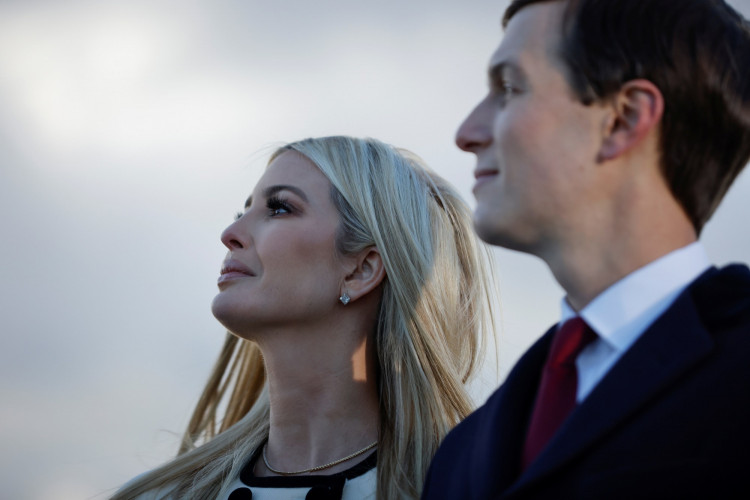The panelists of "The View" have voiced strong skepticism over Ivanka Trump's recent attempt to delay her testimony in her father's civil fraud trial in New York, citing the need to care for her children as a reason. The co-hosts dismissed Ivanka's claims of hardship as insubstantial and called out what they perceive as her tone-deaf approach to the situation.
Ana Navarro pointedly expressed her lack of empathy for Ivanka's situation by drawing on her own experience of frequent travel without the luxury of a private jet. "I think you can do it for one day," Navarro stated, highlighting the discrepancy between Ivanka's past international travels during her White House tenure and her current excuse.
Sara Haines criticized Ivanka's rationale, noting the stark contrast to her time in the White House when she would undertake week-long trips abroad. Haines labeled Ivanka's reasoning as both "tone-deaf" and "insulting."
The critique extended to Ivanka's perceived image management, with Sunny Hostin offering a blunt characterization of the Trump family's legal entanglements and suggesting that Ivanka has remained relatively unblemished by them thus far. Hostin underscored the potential legal peril Ivanka could face if compelled to testify, considering the risk of criminal liability.
Ivanka's legal team argued for a delay, citing the trial's timing as an "undue hardship," disrupting her children's school week. The appeal filed on Ivanka's behalf emphasized the difficulty of testifying amidst such circumstances, especially since she was already dismissed from the case pending an appeal.
On "The View," the hosts contended that Ivanka's attempts to shirk her legal responsibilities were unfounded. Hostin went as far as to posit that Ivanka's careful maneuvering might be an attempt to maintain her untarnished public persona, especially in light of the potential implications her testimony might have on the family's legal issues.
In the light of the ongoing trial and the broader context of the Trump family's legal challenges, the panelists' comments suggest a broader conversation about privilege, responsibility, and public accountability within the context of high-profile legal proceedings.






